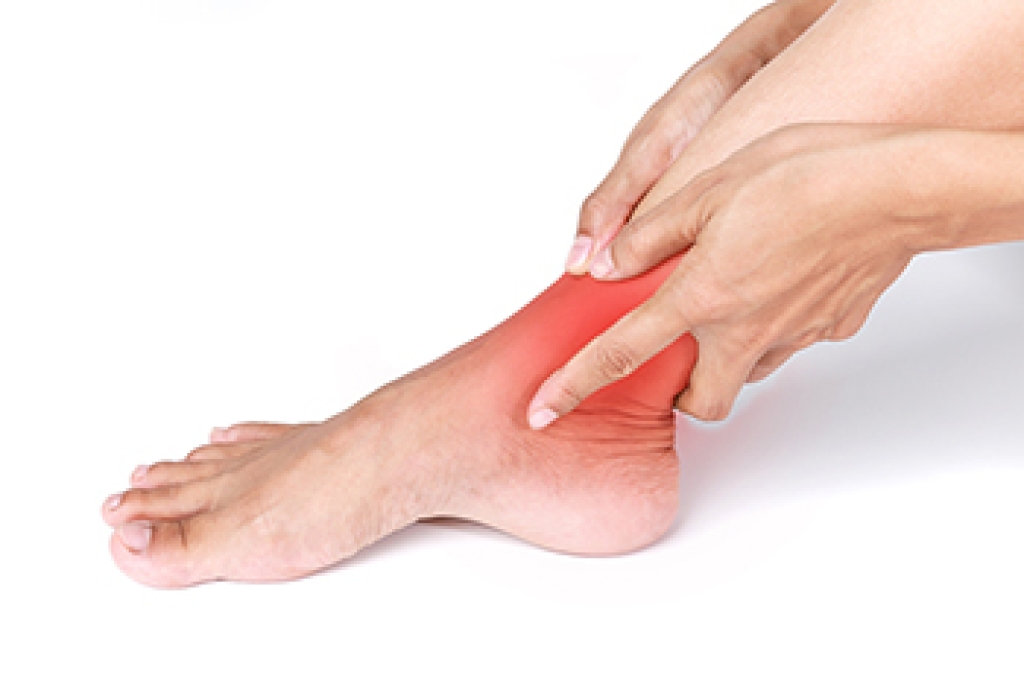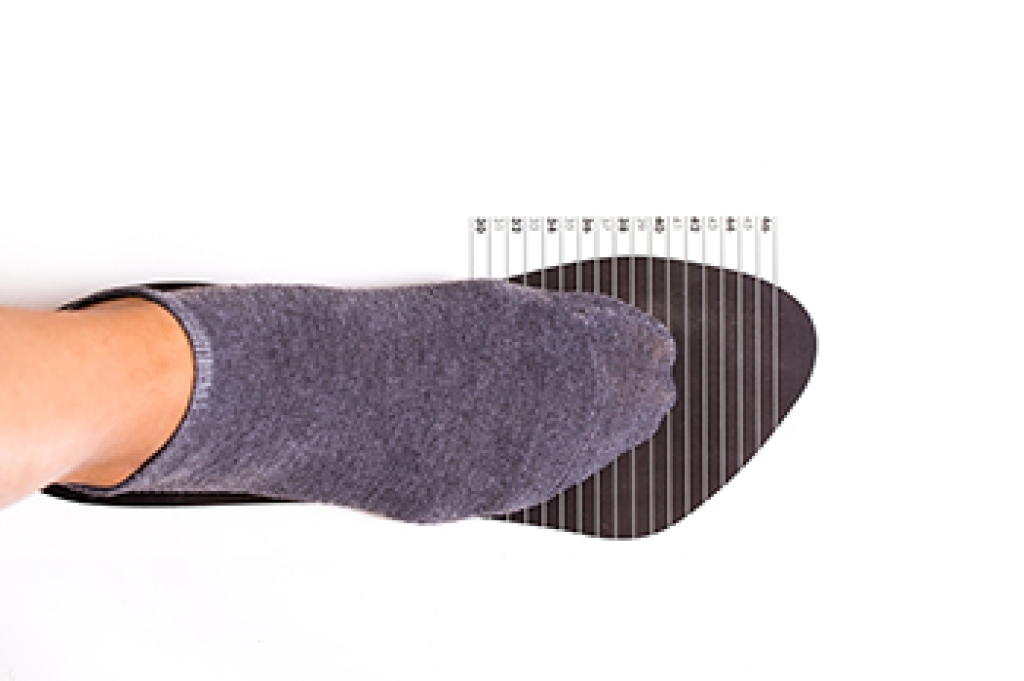
Wearing the right shoes for office work plays an important role in comfort, posture, and overall productivity. Shoes that fit properly help support natural alignment which can reduce strain on the feet, knees, hips and lower back. When posture improves, many people experience less fatigue and greater confidence throughout the workday. Wearing well-fitting shoes also allows you to stay focused on tasks rather than being distracted by foot pain or discomfort. Comfortable office shoes should provide adequate arch support, cushioning, a stable sole, and enough room for the toes to move naturally. A podiatrist can evaluate your foot structure, recommend appropriate footwear, and suggest custom orthotics, when needed. If workday foot pain is affecting your comfort or performance, it is suggested that you schedule a visit with a podiatrist who can treat various foot and ankle conditions, and guide you on appropriate shoes to wear for work.
While working on the feet, it is important to take the proper care of them. For more information about working on your feet, contact Renee Rodriquez, DPM from Foot Clinic of South Texas. Our doctor will treat your foot and ankle needs.
Working on Your Feet
Standing on your feet for long periods of time can cause stress and pain in your feet. Your whole body may experience change in terms of posture, back pain, bunions, callouses and or plantar warts. There are ways to avoid these conditions with proper foot care, smart choices and correct posture.
Positive Changes
Negative heeled shoe – Choosing this shoe type places the heel slightly lower than the ball of the foot. These are great for overall foot health. Find shoes that fit you correctly.
Go barefoot – Our feet were not designed to be enclosed for all hours of the day. Try to periodically expose your feet to air.
Eliminate Pain
Foot Exercises – Performing simple exercises, incorporating yoga and doing stretches are beneficial. This will allow increased blood flow to the area and muscles of the foot.
Achilles tendon – Stretching the foot out flat on the floor will relax the calf muscles and tendon. These exercises can be performed almost anywhere. Make sure you add these exercises to your daily regimen.
With a little bit of this information and knowing more about foot health, you will notice changes. Foot stretches and proper footwear will help with pain and prevent further issues.
If you have any questions please contact our office located in Brownsville, TX . We offer the newest diagnostic and treatment technologies for all your foot and ankle needs.




